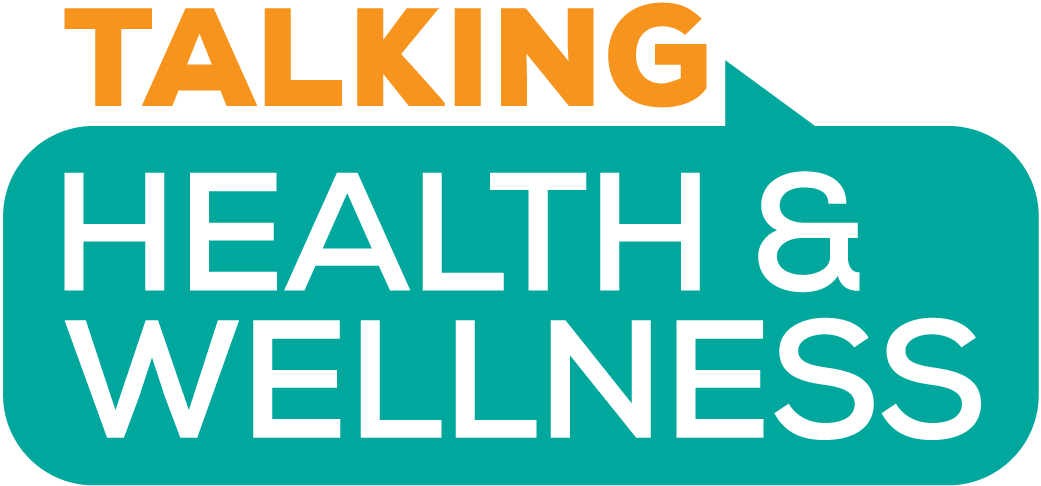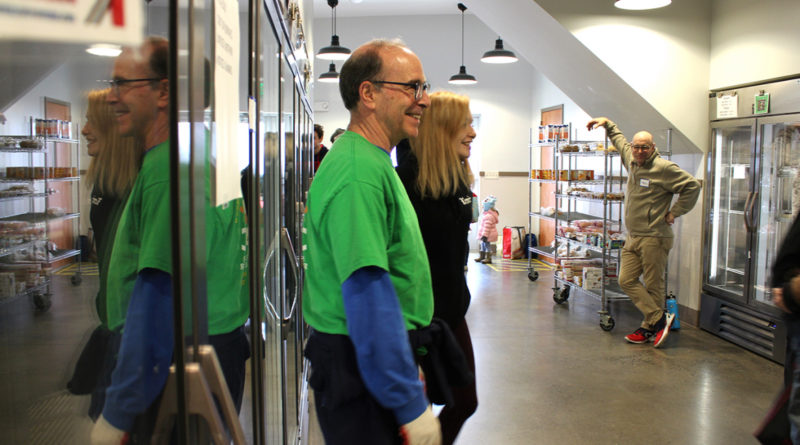Bruce’s Story
Bruce is a 67-year-old man who has always struggled with his health and well-being. From a young age of 30 he was dealing with hernias. Then he dealt with kidney stones (in his 40s) and shingles (50s). As he continued to age, Bruce dealt with high cholesterol, blood pressure, unhealthy weight gain and some abnormal blood work. He adopted some healthy habits such as daily exercise for 90 minutes and maintaining a healthy diet. These changes improved his health status, however the doctor still had his concerns, until his most recent visit back in January prior to COVID-19. “My doctor looked at my test results and shook his head. Virtually everything was perfect. My cholesterol was down. So was my weight. My blood pressure was that of a swimmer. A barrage of blood tests turned up zero red flags.”
The doctor asked what Bruce was doing differently, and the only thing that had changed was that he started volunteering. “At the homeless shelter, I could hit my target heart rate packing 50 sack lunches in an hour to the beat of Motown music. And at the food bank, I could feel the physical and emotional uplift of human contact while distributing hundreds of gallons of milk and dozens of cartons of eggs during my three-hour shifts. When I’m volunteering, I dare say I feel more like 37 than 67.”
Bruce found wellness through volunteering, and he is not the only one who has benefitted from environment. “The health benefits for older volunteers are mind-blowing,” said Paul Irving, chairman of the Center for the Future of Aging at the Milken Institute, and distinguished scholar in residence at the USC Leonard Davis School of Gerontology. When older folks go in for physicals, he said, “in addition to taking blood and doing all the other things that the doctor does when he or she pushes and prods and pokes, the doctor should say to you, ‘So, tell me about your volunteering.’”
A 2016 study in Psychosomatic Medicine: Journal of Behavioral Medicine that pooled data from 10 studies found that people with a higher sense of purpose in their lives — such as that received from volunteering — were less likely to die in the near term. Another study, published in Daedalus, an academic journal by MIT Press for the American Academy of Arts & Sciences, concluded that older volunteers had reduced risk of hypertension, delayed physical disability, enhanced cognition and lower mortality. “People who are happy and engaged show better physiological functioning,” said Dr. Alan Rozanski, a cardiologist at Mount Sinai St. Luke’s Hospital, a senior author of the Psychosomatic Medicine study. People who engage in social activities such as volunteering, he said, often showed better blood pressure results and better heart rates.
Bruce is nervous for how COVID-19 has affected his volunteering, however he is trying to get involved in opportunities that are outdoors or virtual so he is able to continue his wellness journey.
Sources:

